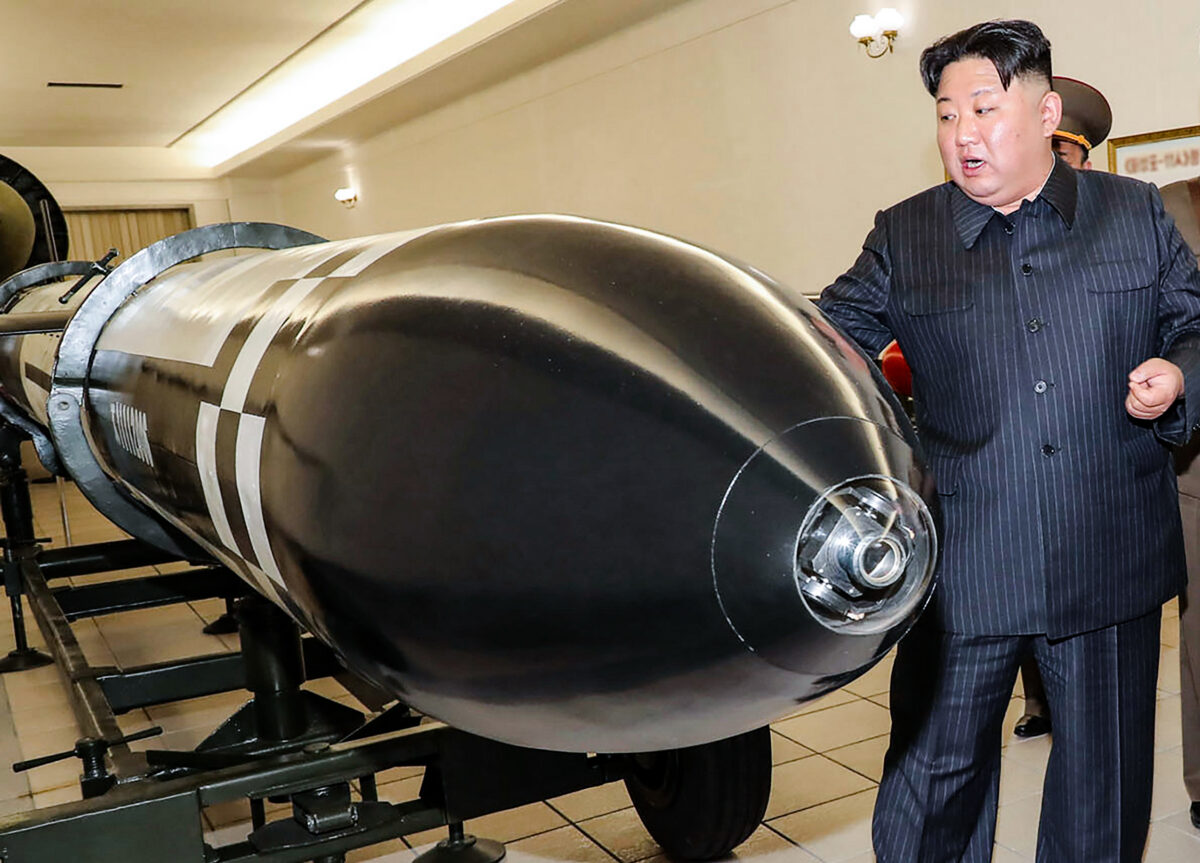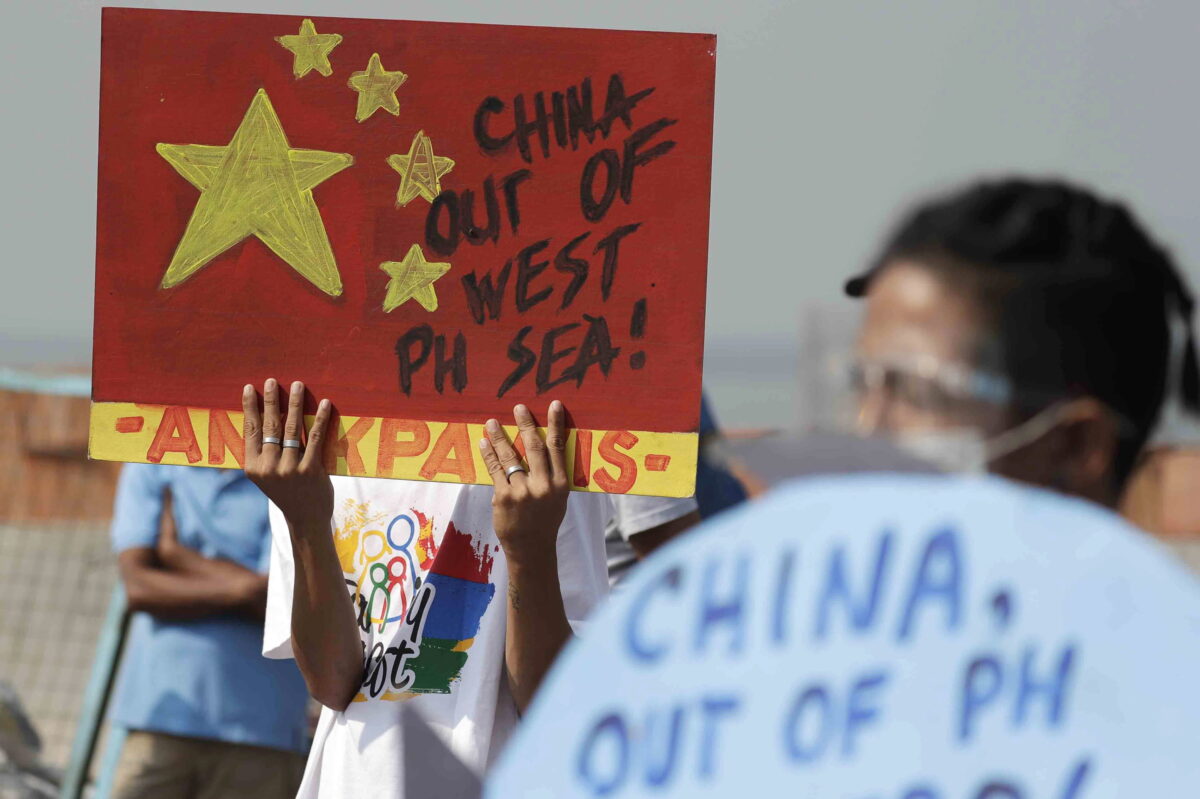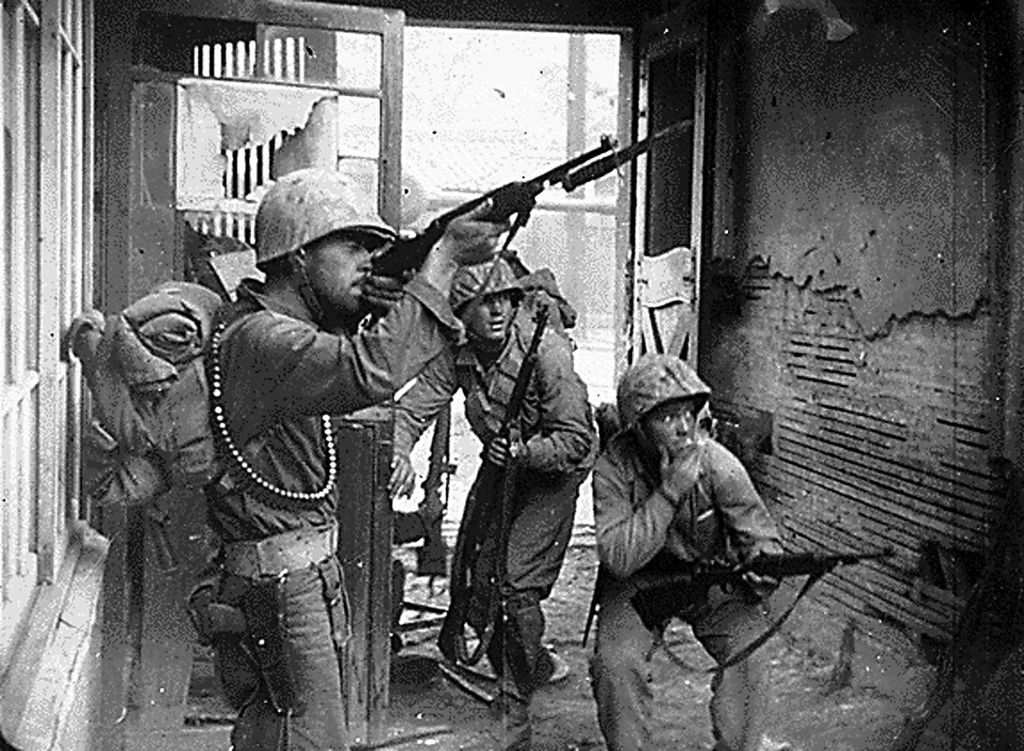South Korean President Hails US Ties in Face of North Korea Threat During Address to Congress
The 70-year-old alliance between the United States and South Korea has been crucial in preserving peace and allowing a new nation founded on the principles of free-market democracy to prosper, according to South Korean President Yoon Suk Yeol in his address to Congress.
But now, in a “decisive moment” in history, South Korea will use its economic prowess as a “compass of freedom for citizens of the world,” he said during a 45-minute speech in which he quoted U.S. Presidents Ronald Reagan and John F. Kennedy.
South Korea is a shining example of the benefits of taking the “right path” to democracy instead of the “wrong path” to totalitarianism, which is being pushed by China, Russia, Iran, and North Korea, Yoon said. He emphasized that no nation offers a better example than South Korea.
- “There is one regime determined in pursuing a wrong path,” he said, referring to Kim Jong Un’s North Korean regime. “The difference is stark. North Korea has abandoned freedom and prosperity.”
Yoon spoke of “unprecedented and horrendous” accounts of abuses from more than 500 defectors in the past five years that include people executed by firing squads for violating COVID-19 restrictions, for watching South Korean television programming, and “for possessing the Bible and having faith.”
Kim’s communist cadre has impoverished and shackled North Koreans to develop an arsenal of about 20 nuclear weapons and conduct intimidating missile tests to augment saber-rattling rhetoric against South Korea, Japan, and the United States.
“North Korea’s obsession with nuclear weapons and missiles [has thrown] its population into severe crisis and human rights abuses,” Yoon said, calling on democracies to “raise global awareness of the gravity of North Korea’s human rights violations,” especially with the specter of famine materializing.

Denuclearization Still the Goal
The seventh South Korean president to address Congress, Yoon was on the fifth day of a six-day U.S. tour that concludes April 28 with a speech at Harvard University.
The day before his congressional address, Yoon and U.S. President Joe Biden announced revisions to the 70-year-old U.S.–South Korea alliance in a joint “Washington Declaration.”
The revised treaty spells out a set of “extended deterrence” measures to be exerted visibly by U.S. “strategic assets”—nuclear forces—in the skies and waters around the Korean Peninsula.
The agreement douses momentum among South Koreans to build their own nuclear weapons arsenal rather than rely on the United States, which many in South Korea and elsewhere believe to be distracted in paralyzing partisan feuds.
- Under the “extended deterrence” doctrine, there will be increased port visits of U.S. Navy 7th Fleet “boomers”—large submarines that carry nuclear submarine-launched ballistic missiles—for the first time in four decades, U.S. Air Force rotational deployments of strategic bombers, combined operations between South Korean conventional forces and U.S. strategic units, and “presidential-level” consultations in a newly created nuclear consultative group.
Yoon quoted Reagan in saying the United States’ tolerance for North Korea’s nuclear brinksmanship is limited and that Pyongyang would learn the hard way that there is “a point at which they will not advance” in threatening a growing span of the globe with nuclear weapons.
“We must make his words clear to North Korea,” he said. “We need to speed up Korean, U.S., and Japan trilateral security operations to counter the increased North Korean nuclear threat.”
The language in the tweaked treaty appears to shift the long-standing goal of “denuclearization” of North Korea to “nuclear deterrence” in dealing with Pyongyang.
But Yoon told Congress that denuclearization is still a viable goal. He said South Korea “will keep the door open to dialogue with North Korea about denuclearization” and said Seoul has offered Kim Jong Un “an incentive package to improve North Korea’s economy” to help “end its privations” and encourage it to “take the right path.”
“All Pyongyang has to do,” he said, “is stop its nuclear program and begin a denuclearization process.”

Yoon Avoids Specific References to China
Other than mentioning the alliance’s presence in ensuring the rule of law in the Western Pacific, Yoon didn’t directly address issues related to China.
South Korea and China have a complicated relationship. On one hand, Beijing props up Kim Jong Un’s regime. On the other hand, China is South Korea’s biggest trading partner.
- Rep. Jim Costa (D-Calif.) was among the representatives who told The Epoch Times they wanted Yoon to elaborate on South Korea’s relationship with China.
- “I wish he had spoken [in] greater detail about China,” he said. “The nuclear deterrence that we are continuing to increase and improve can deal with the challenges of North Korea. But China, in the 21st century, is an adversary. They’re a competitor. And they’re a vast market. And I think we have to have a strong strategy, not only with our Indo-Pacific partners but with Europe, as we deal with China, because they are the larger challenge.”

Weapons Deter War, Prosperity Preserves Peace
Yoon emphasized that weapons deter war, but prosperity preserves peace. He urged the United States and South Korea to continue to work together to promote peace and prosperity in the region and around the world.
" Conservative News Daily does not always share or support the views and opinions expressed here; they are just those of the writer."




